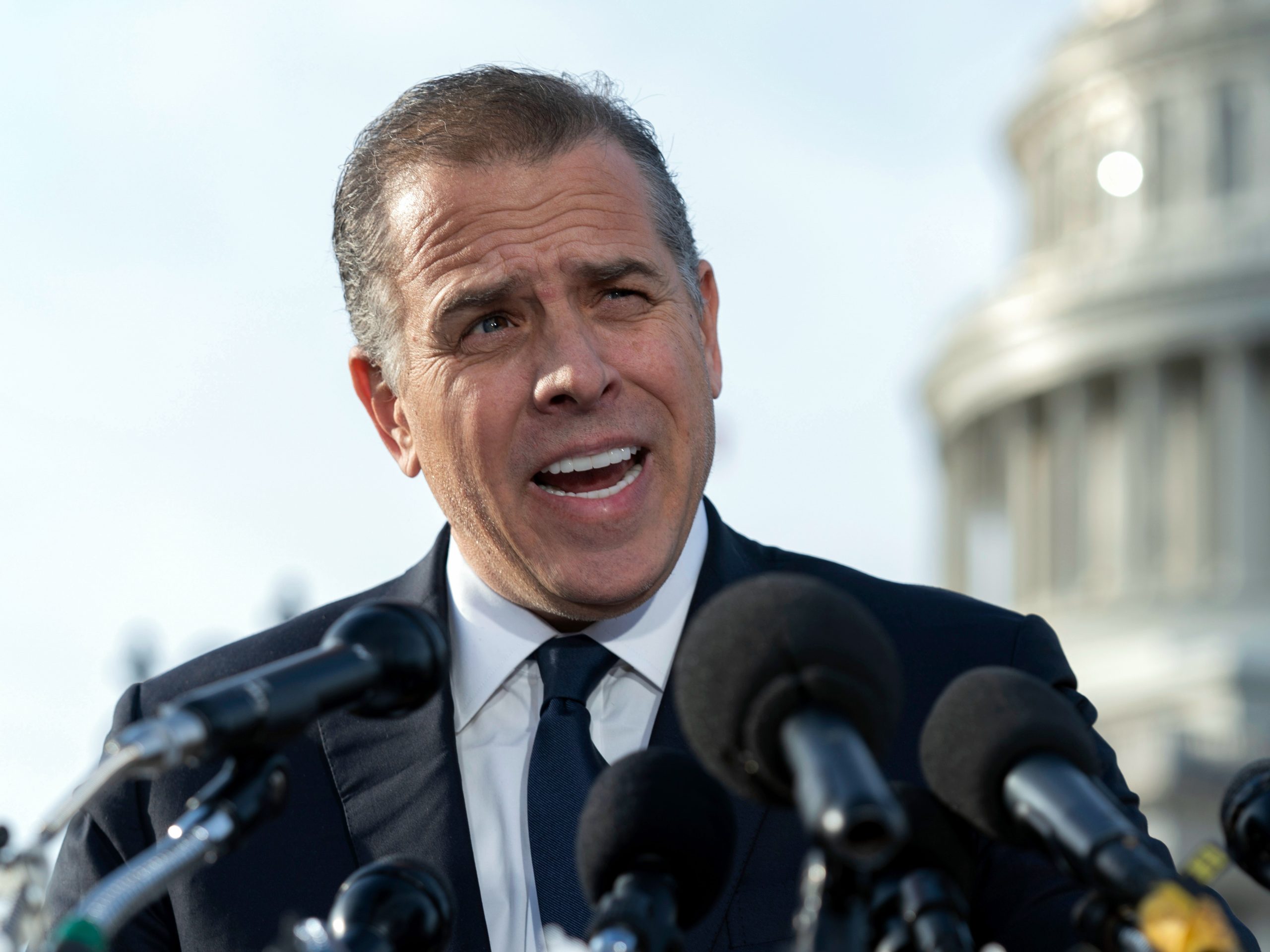Last week, Alexander Smirnov, who was accused of providing false information to federal investigators about Hunter Biden and President Biden’s business dealings, revealed to officials after his arrest that individuals “associated with Russian intelligence” were linked to efforts to propagate a story about Hunter Biden.
Smirnov, charged with lying to the FBI, claimed that the Bidens accepted $5 million each from the Ukrainian energy company Burisma, which prosecutors argued were false claims knowingly made by Smirnov.
Following his arrest, Smirnov admitted to officials that individuals connected to Russian intelligence were involved in spreading a story about Hunter Biden. However, prosecutors did not indicate whether these claims about ties to Russian intelligence have been substantiated.

Smirnov, who became an FBI informant in 2010, had contacts with foreign intelligence services, including Russian intelligence agencies, but was later deemed unreliable and indicted.
In a court filing urging the judge to keep Smirnov in custody, prosecutors revealed that Smirnov had expressed bias against then-presidential candidate Joe Biden in May 2020 text messages with his FBI handler.
Smirnov’s claims in 2020, including the false allegations about Burisma and the Bidens, were memorialized in an FBI document known as an FD 1023.
The charges against Smirnov may impact the ongoing investigations into Hunter Biden’s business dealings. The president’s son has been charged with nine federal tax charges, and prosecutors blame Smirnov’s alleged lies for the collapse of a plea and diversion agreement on criminal charges last July.
Hunter Biden pleaded not guilty to the charges, and his attorneys filed motions to dismiss the tax charges in California. While the case against Smirnov unfolds, it raises questions about the influence of false information and foreign interference in shaping narratives related to political figures, particularly during contentious legal proceedings.


